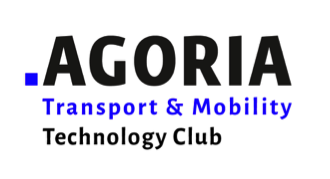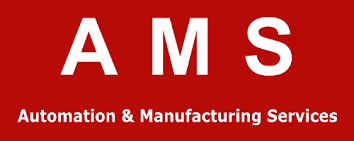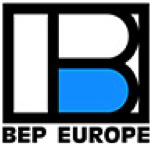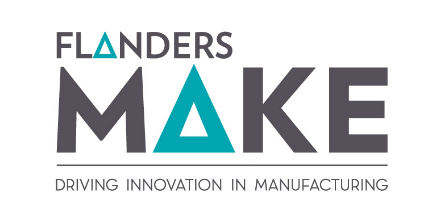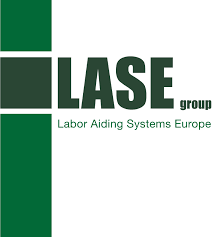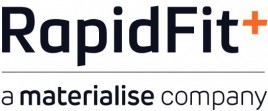2018 SC Automotive Summit
South Carolina’s Annual Automotive Summit brings together hundreds of industry leaders for thought-provoking presentations and rewarding networking.
More than ever before, the 2018 Summit had an international emphasis, as the South Caroina Automotive Council welcomed a Belgian delegation to talk about Industry 4.0 and the Factory of the Future.
The Belgians are part of the Transport and Mobility Club of Agoria, Belgium’s largest employers’ organization and trade association. Click here to read more about the Belgian participants.
SC Connect was engaged by the SC Department of Commerce to arrange B2B meetings between Belgian and South Carolina companies.
Why Belgium?

A physically small country, Belgium is only about 40% the size of South Carolina yet has more than twice the population. With hourly average labor costs about 50% higher than the US, Belgium’s manufacturers have learned to be highly efficient.
Belgium manufacturers face some of their greatest challenges ever, including:
–Guaranteeing top quality,
–Ensuring affordable small production runs,
–Turning out large volumes quickly,
–Providing efficient administration, and
–Creating sustainable businesses.
Dealing with these challenges, the Belgians have developed sophisticated technological responses, and their efforts can help South Carolina industries navigate similar headwinds.
On Thursday, March 1, the Belgians presented a series of brief presentations on how they’ve been working to develop Factories of the Future.
Belgian Summit Presentations
Agoria. Agoria, Belgium’s largest trade association, has created a program that builds on seven key changes that transform a business into an authentic Factory of the Future. Quite unique in the Belgian approach is the emphasis on human centered production. Ward Vleegen, leader of Agoria’s Transport and Mobility Club, presented the Belgian Factories of the Future Program and the lessons learned.
Click here to learn more about Agoria.
AMS. Rotational molding of plastic parts has been used for many years to produced hollow parts such as containers, tanks and filter housings. By using robotics in the molding process combined with electrical heating of the mold, full automation is achieved. This results in a game-changing total cost of ownership for low volume production.
Click here to learn more about AMS.
BEP Europe. In a world with ever increasing complexity, our vehicles are also becoming more and more complex and intelligent. BEP Europe presented how vehicles are tested at the end of the line, with a focus on ADAS-systems.
Click here to learn more about BEP Europe.
conTeyor. The challenges in material handling are broad: one piece flow, deliver in-line sequence at the assembly line, no packaging, possible to be picked by a robot without decreasing the truck density, loading and unloading the truck without HI-LO’s, improving safety and ergonomics, avoiding damaged parts, reusing packaging material to increase sustainability, etc. Via case studies, conTeyor presented the important design considerations and lessons learned.
Click here to learn more about conTeyor.
Facil. Typical line feeding solutions in an automotive environment use Kanban cards, scanning systems or push buttons to create the replenishment signal. All of them are operator dependent and can create inaccuracies, they are time consuming, give no real-time stock information and give no line delivery confirmations. Facil is developing next generation solutions to resolve this. Test areas have been installed at customers, and their status was discussed.
Click here to learn more about Facil.
FlandersMake. Optimal interaction between machines and humans is a crucial feature to respond to the increasing trend of customized products. In such factories, the creativity and intelligence of operators and the precision and power of machines are a perfectly working match. FlandersMake presented different research objectives and results.
Click here to learn more about FlandersMake.
LASE. In the production of automotive interior systems, exterior plastics, fuel systems and drive trains & axles, state-of-the art automated production equipment is vital in order to be competitive. LASE presented a number of case studies illustrating best practices and recent innovations.
Click here to learn more about LASE.
Proceedix. Companies need more effective ways to connect their people with relevant and up-to-date information. In this presentation, Proceedix shared a number of case studies illustrating how leading companies are using mobile and wearable technology to improve productivity and quality.
Click here to learn more about Proceedix.
ProSuite. Production control and traceability of fastening and other discrete operations are essential in order to safeguard product quality and avoid costly recall operations. ProSuite presented case studies on how paperless manufacturing solutions can be tailored to existing production environments and connected to the ERP/SAP system, with no or minimal custom development.
Click here to learn more about ProSuite.
RapidFit. The RapidFit system changes the way fixtures are designed and manufactured. As a modular system, RapidFit offers a high degree of customization and accuracy, while also allowing for the re-use of standardized elements. Advanced functionality can be integrated into fixtures, such as snap-fits and clips. These in turn enable increased repeatability and a better representation of the part environment. RapidFit is a game-changer in automotive tooling, shortening the time-to-market for your product.
Click here to learn more about RapidFit.


